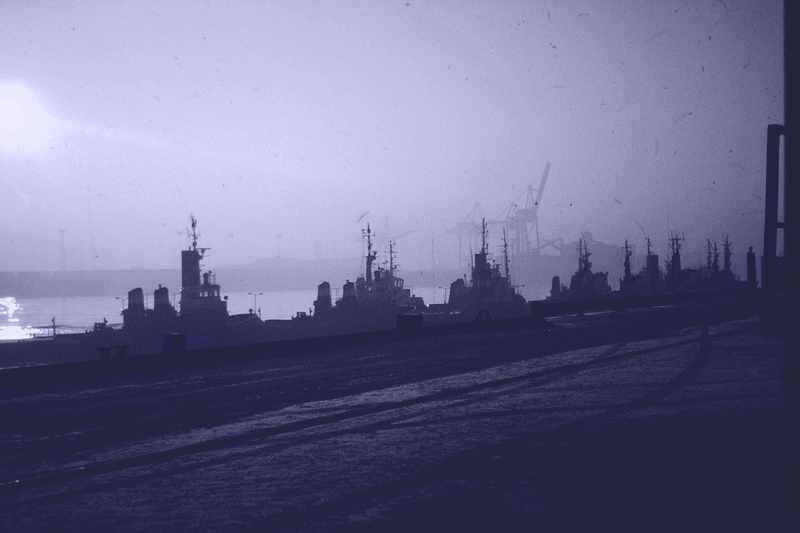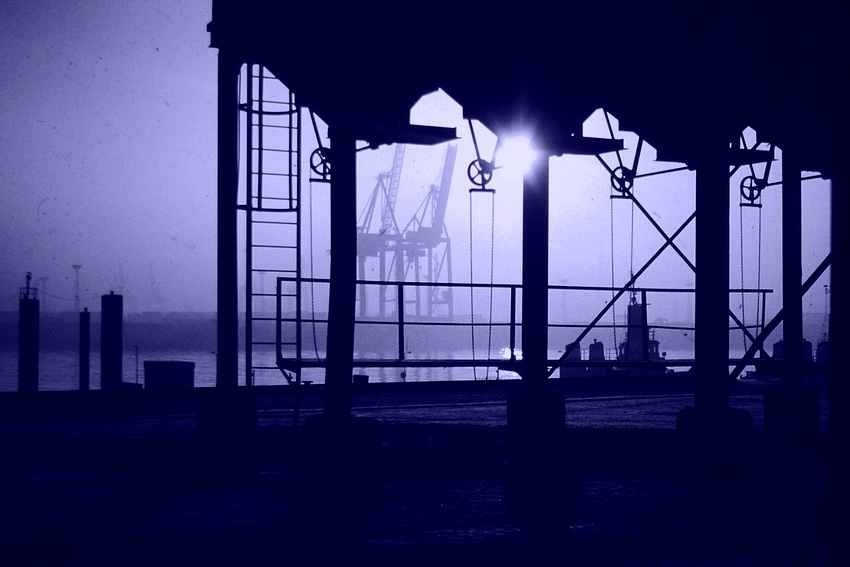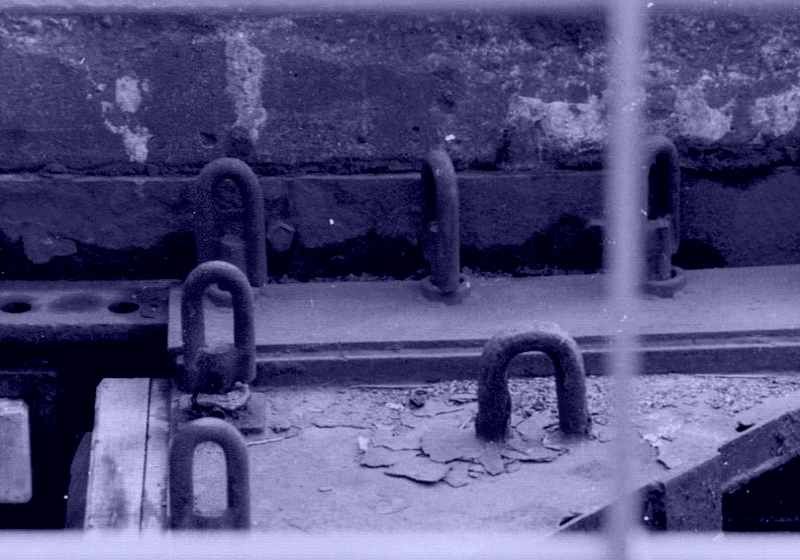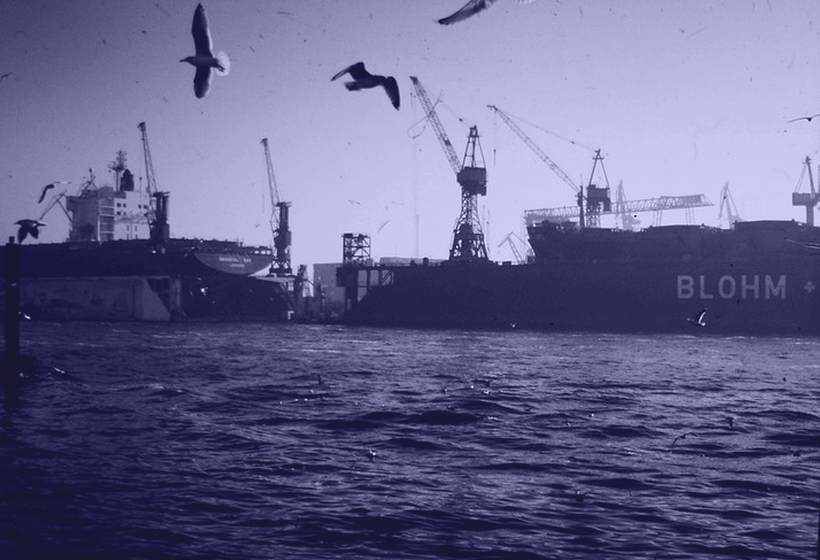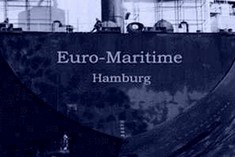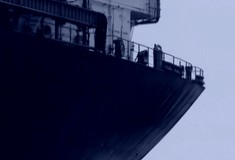| CFR | Cost and Freight |
|
Cost and Freight means that the seller delivers when the goods pass the ship’s rail in the port of shipment. |
|
| CIF | Cost, Insurance and Freight |
|
Cost, Insurance and Freight” means that the seller delivers when the goods pass the ship’s rail in the port of shipment. |
|
| CIP | Carriage and Insurance Paid to |
|
Carriage an d Insurance paid to … means that the seller delivers the goods to the carrier nominated by him, but the seller must, in addition, pay the cost of carriage necessary to bring the goods to the named destination. This means that the buyer bears all risks and any additional costs occurring after the goods have been so delivered. However, in CIP the seller also has to procure insurance against the buyer’s risk of loss of or damage to the goods during the carriage. |
|
| CPT | Carriage Paid to |
|
Carriage paid to … means that the seller delivers the goods to the carrier nominated by him, but the seller must, in addition, pay the cost of carriage necessary to bring the goods to the named destination. This means that the buyer bears all risks and any other costs occurring after the goods have been so delivered. |
|
| DAF | Delivered at Frontier |
|
Delivered at Frontier means that the seller delivers when the goods are placed at the disposal of the buyer on the arriving means of transport not unloaded, cleared for export, but not cleared for import at the named point and placed at the frontier, but before the customs border of the adjoining country. The term “frontier” may be used for any frontier including that of the country of export. Therefore, it is of vital importance that the frontier in question be defined precisely by always naming the point and place in the term.
|
|
| DDP | Delivered Duty Paid |
|
Delivered duty paid means that the seller delivers the goods to the buyer, cleared for import, and not unloaded from any arriving means of transport at the named place of destination. The seller has to bear all the costs and risks involved in bringing the goods thereto including, where applicable, any “duty” (which term includes the responsibility for and the risk of the carrying out of customs formalities and the payment of formalities, customs duties, taxes and other charges) for import in the country of destination.
|
|
| DDU | Delivered Duty Unpaid |
|
Delivered duty unpaid means that the seller delivers the goods to the buyer, not cleared for import, and not unloaded from any arriving means of transport at the named place of destination. The seller has to bear the costs and risks involved in bringing the goods thereto, other than, where applicable, any “duty” (which term includes the responsibility for and the risks of the carrying out of customs formalities, and the payment of formalities, customs duties, taxes, and other charges) for import in the country of destination. Such “duty” has to be borne by the buyer as well as any costs and risks caused by his failure to clear the goods for import in time.
|
|
| DES | Delivered ex Ship |
|
Delivered ex Ship means that the seller delivers when the goods are placed at the disposal of the buyer on board the ship, not cleared for import at the named port of destination. The seller has to bear all the costs and risks involved in bringing the goods to the named port of destination before discharging. If the parties wish the seller to bear the costs and risks of discharging the goods, then the DEQ term should be used.
|
|
| DEQ | Delivered ex Quay |
|
Delivered ex Quay means that the seller delivers when the goods are placed at the disposal of the buyer not cleared for import on the quay (wharf) at the named port of destination. The seller has to bear costs and risks involved in bringing the goods to the named port of destination and discharging the goods on the quay (wharf). The DEQ term requires the buyer to clear the goods for import and to pay for all formalities, duties, taxes and other charges upon import.
|
|
| EXW | Ex Works |
|
Ex works means that the seller delivers when he places the goods at the disposal of the buyer at the seller’s premises or another named place (i.e. works, factory, warehouse, etc.) not cleared for export and not loaded on any collecting vehicle. This term thus represents the minimum obligation for the seller and the buyer has to bear all costs and risks involved in taking the goods.
|
|
| FAS | Free Alongside Ship |
|
Free Alongside Ship means that the seller delivers when the goods are placed alongside the vessel at the named port of shipment. This means that the buyer has to bear all costs and risks of loss of or damage to the goods from that moment. The FAS term requires the seller to clear the goods for export.
|
|
| FCA | Free Carrier |
|
Free Carrier means that the seller delivers the goods, cleared for export, to the carrier nominated by the buyer at the named place. It should be noted that the chosen place of delivery has an impact on the obligations of loading and unloading the goods at that place. If delivery occurs at the seller’s premises, the seller is responsible for loading. If delivery occurs at any other place, the seller is not responsible for unloading.
|
|
| FOB | Free on Board |
|
Free on Board means that the seller delivers when the goods pass the ship’s rail at the named port of shipment. This means that the buyer has to bear all costs and risks of loss of or damage to the goods from that point. The FOB term requires the seller to clear the goods for export. This term can be used only for sea or inland waterway transport. If the parties do not intend to deliver the goods across the ships rail, the FCA term should be used.
|





